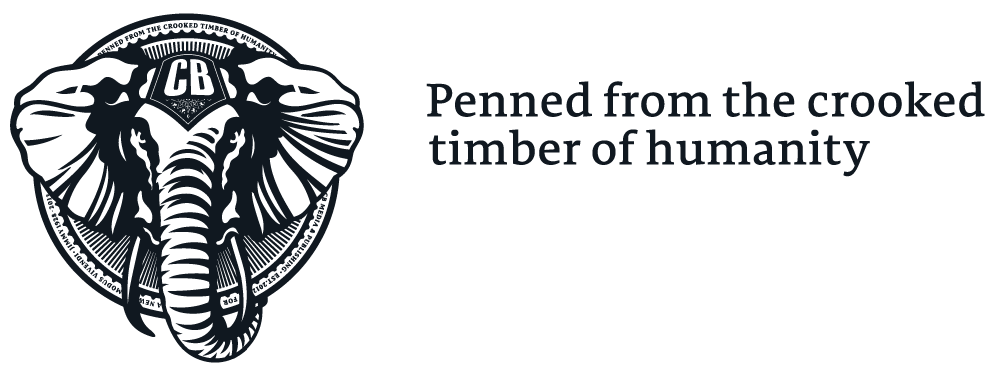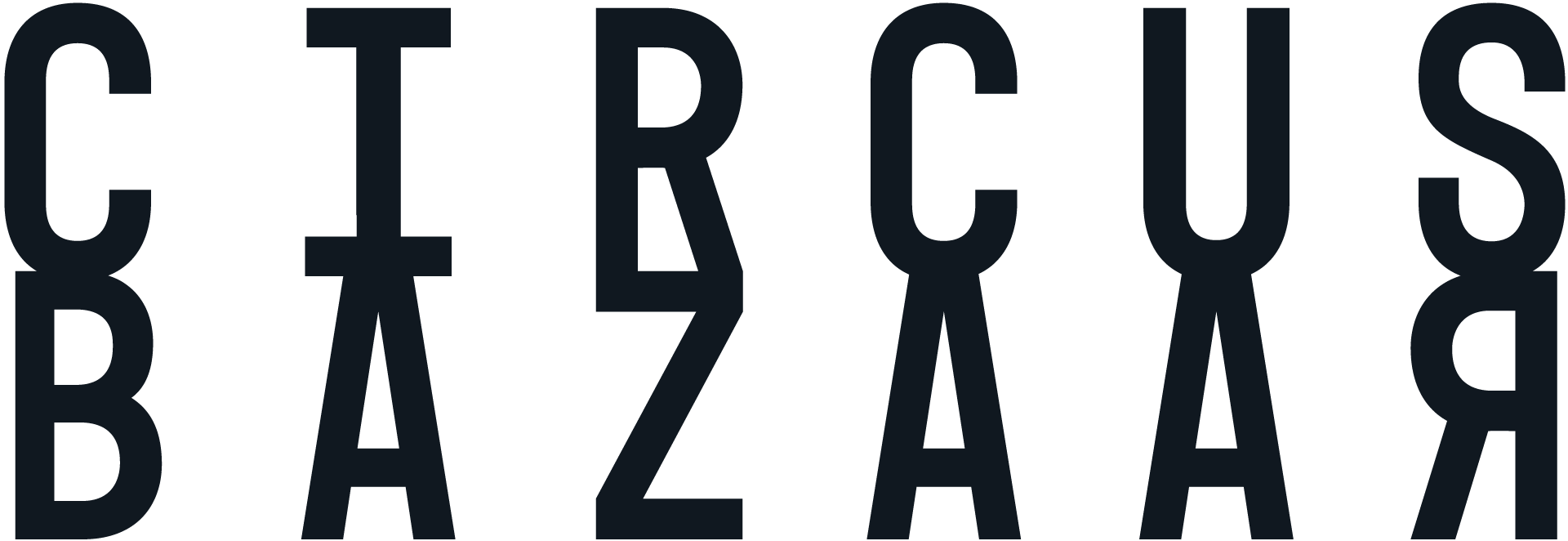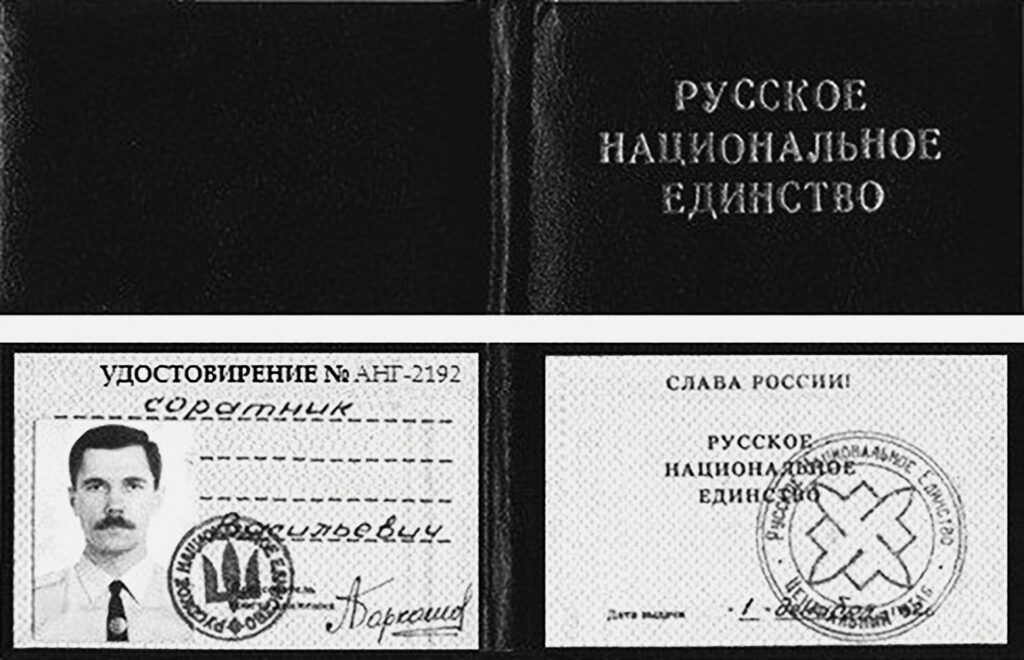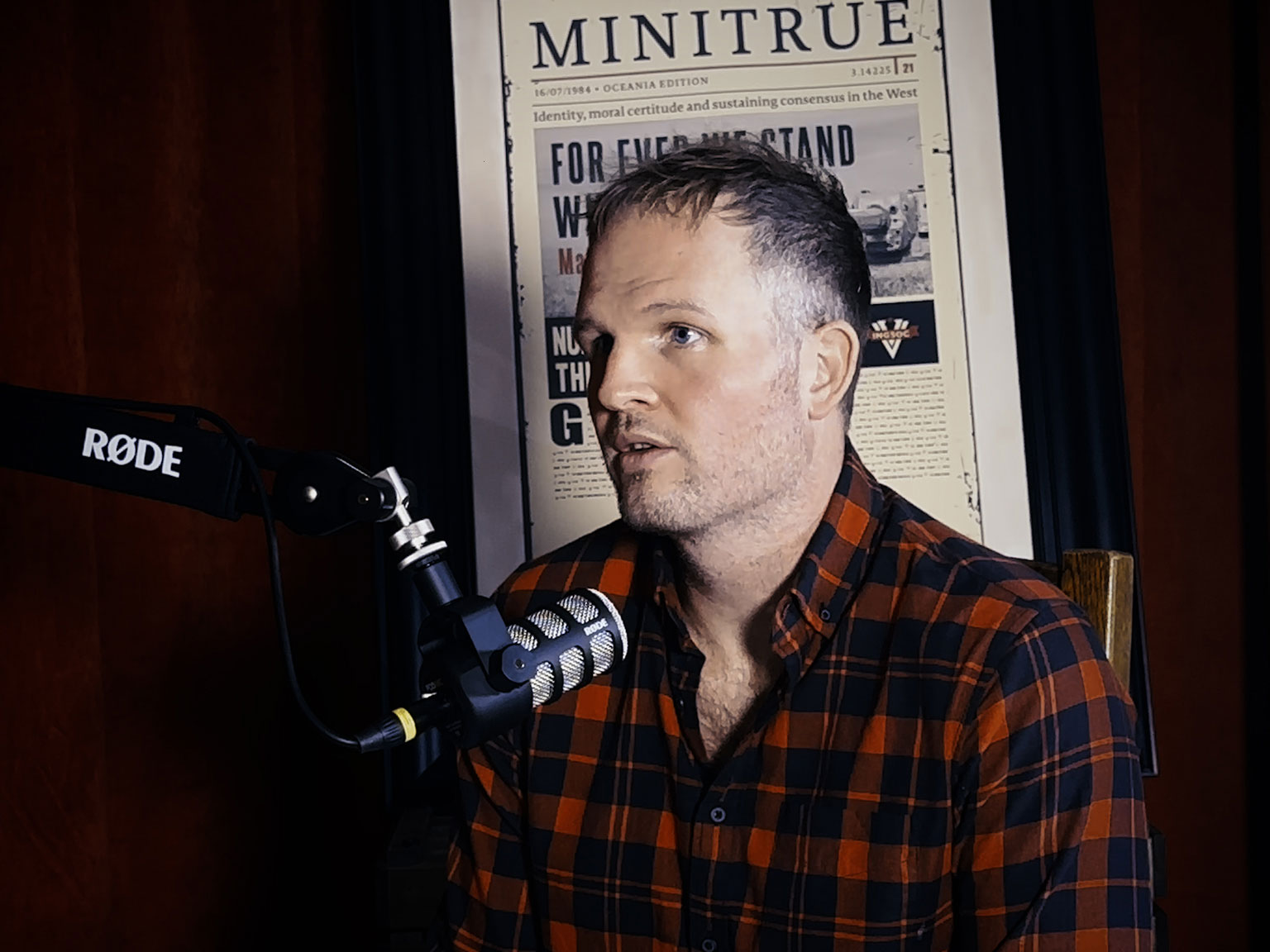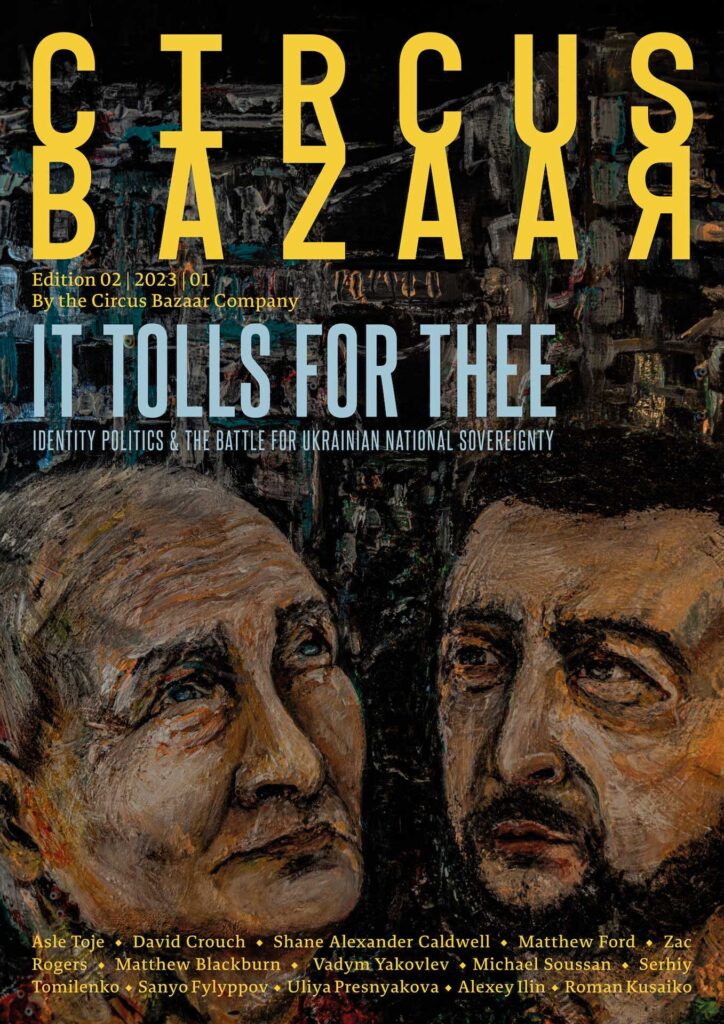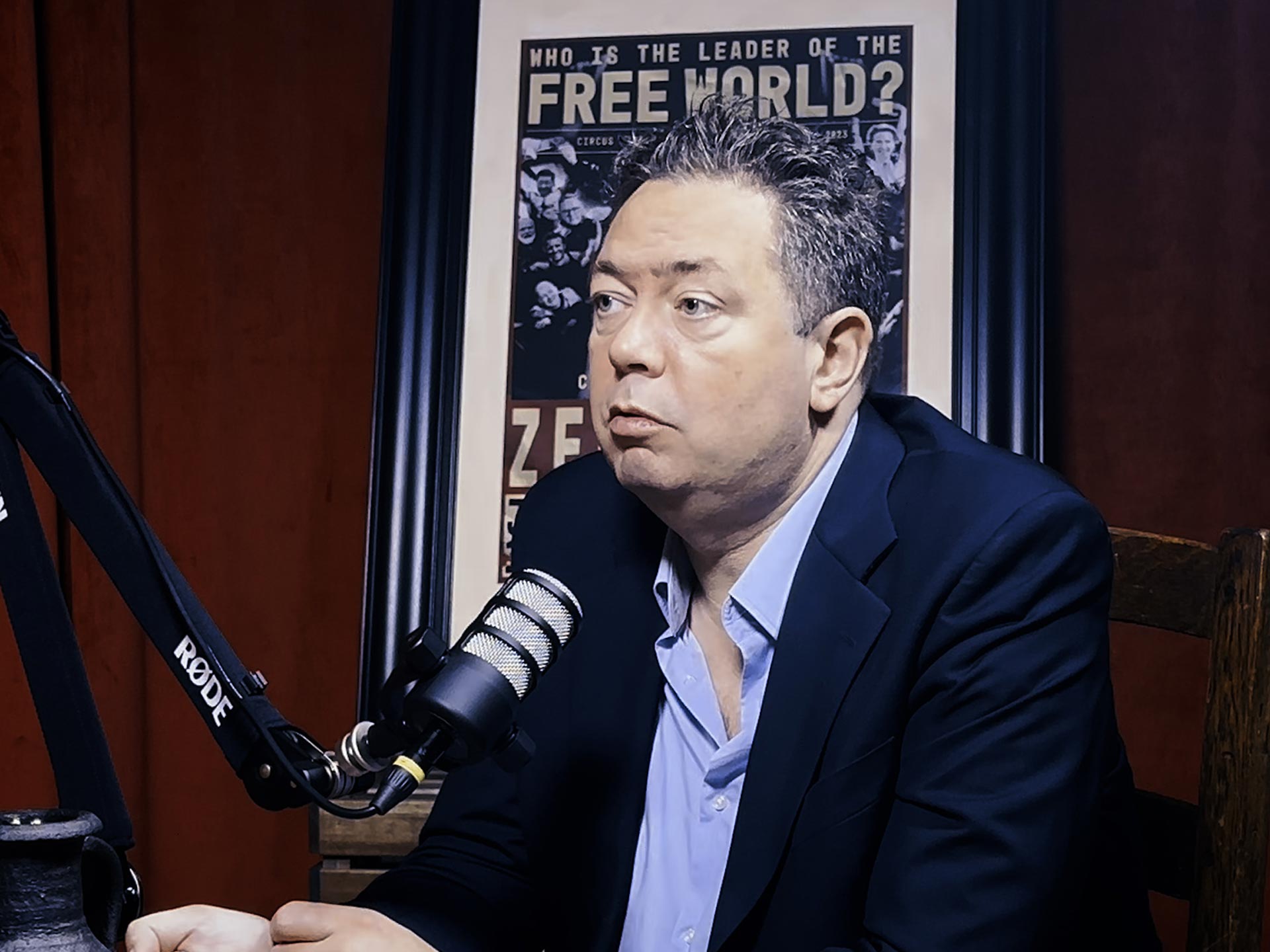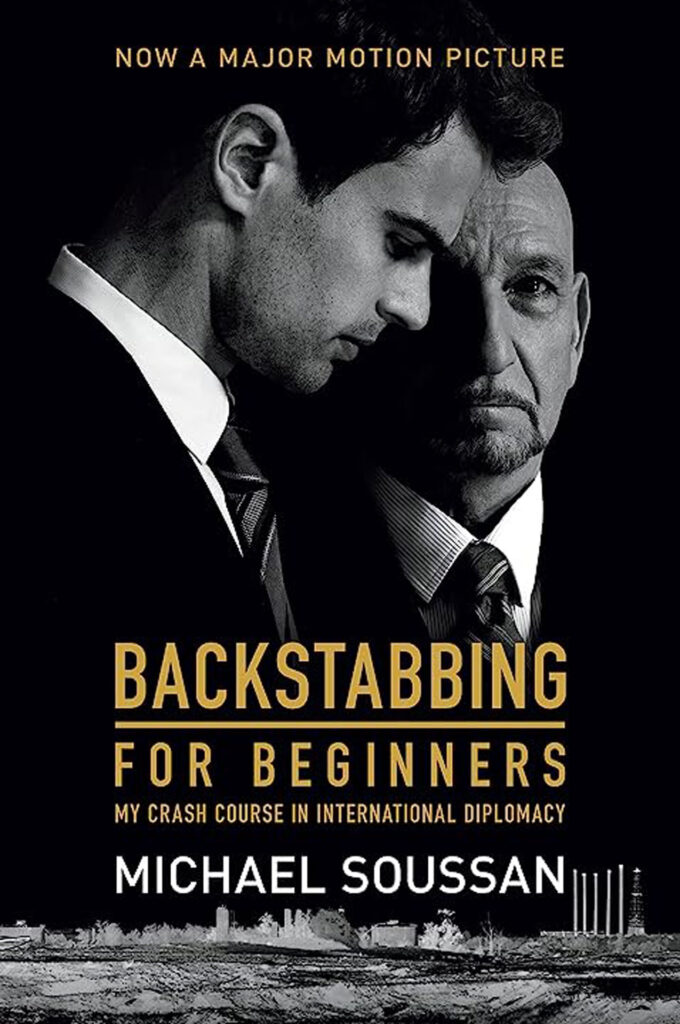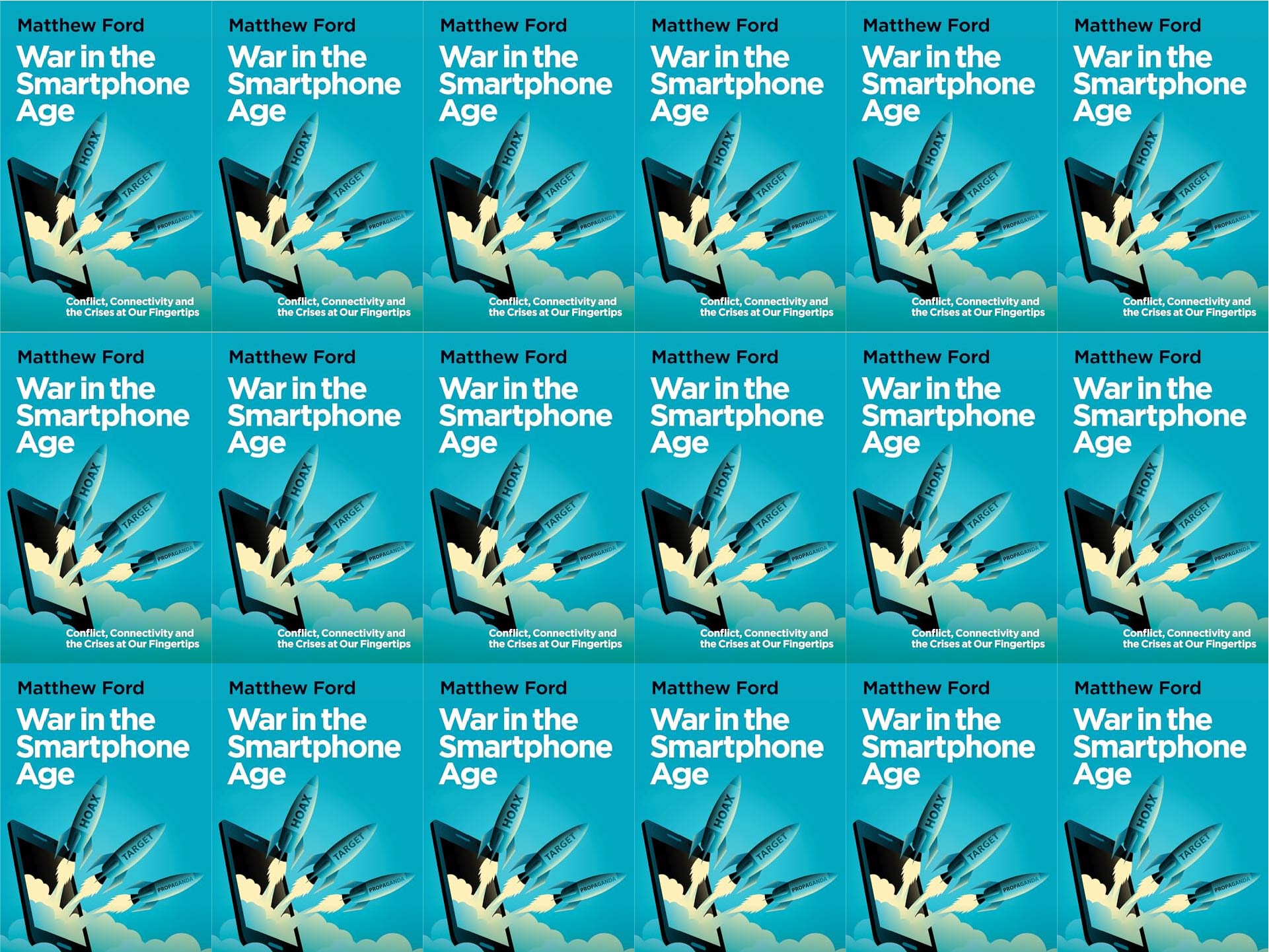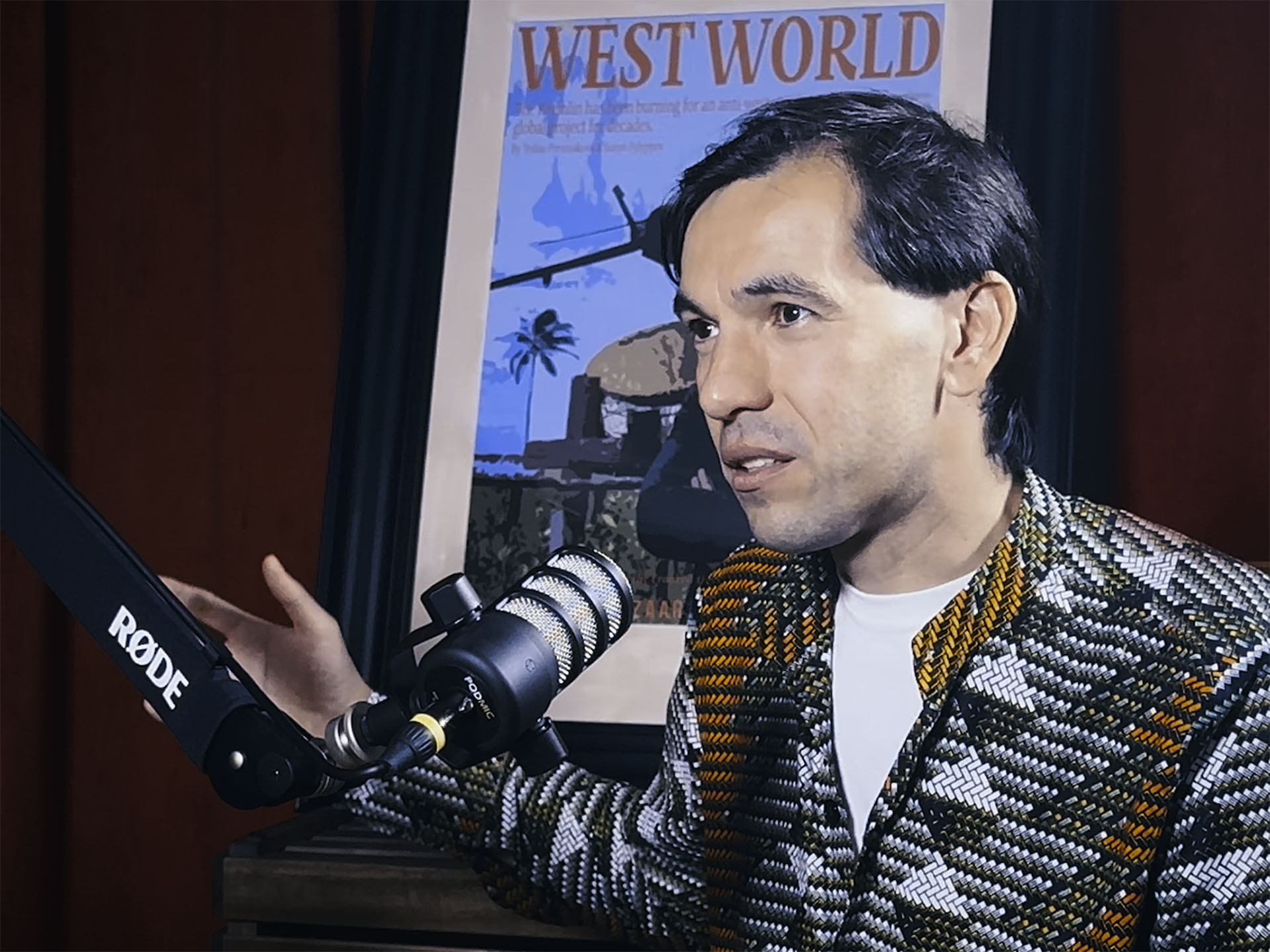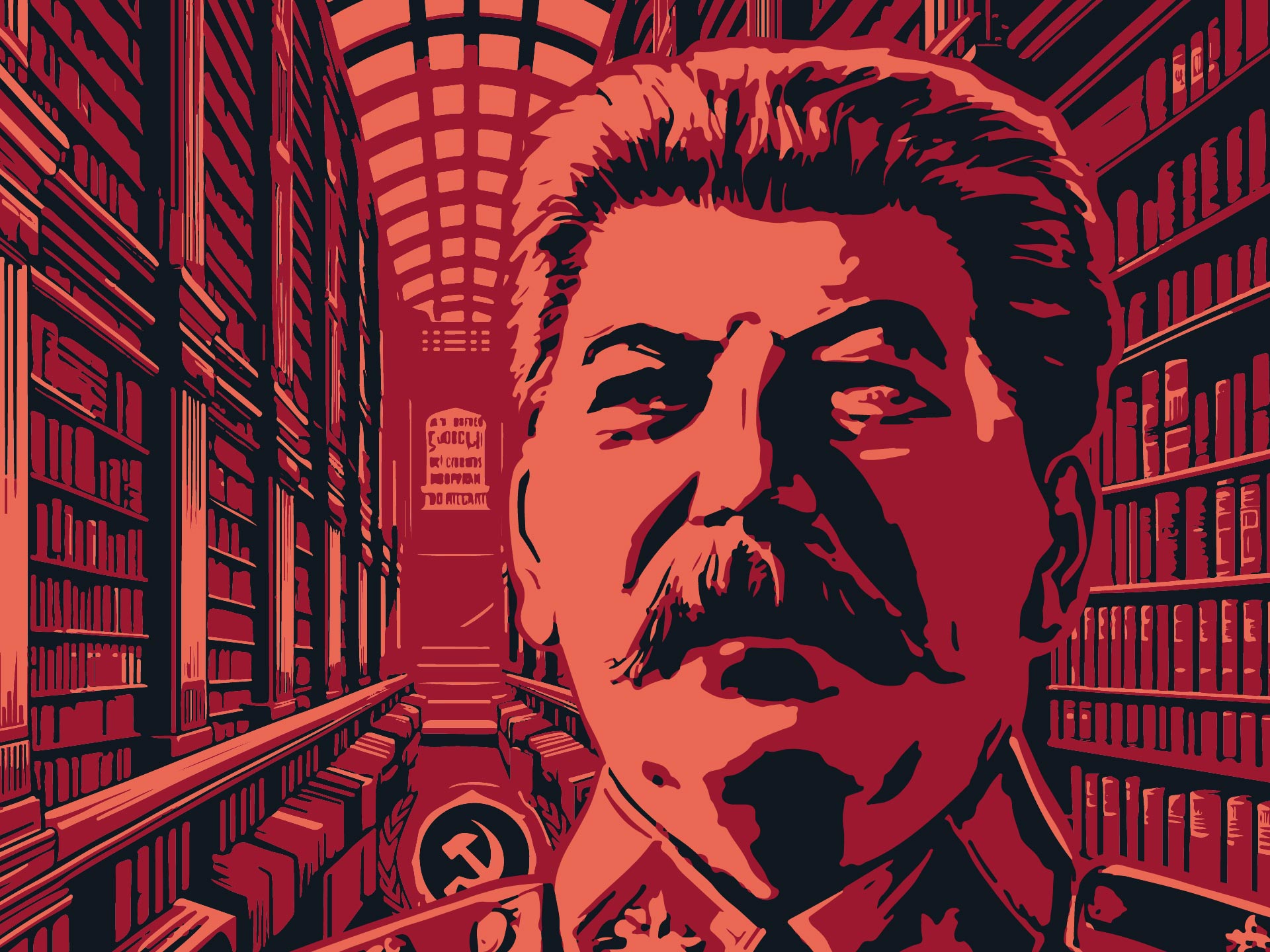Note: In order to safeguard the privacy and security of the individuals involved, certain details and identifying information in this article have been altered or withheld. Names, locations and specific personal circumstances have been modified to ensure anonymity and protect the identities of those who have shared their stories. Despite these changes, the core elements and experiences depicted in this account remain intact. It is our sincere intention to respect the privacy and protect the wellbeing of those who have entrusted us with their narratives.
At the time of the Russian attack, my family and I were living in Kyiv. We woke up to explosions that shook our house. The next day I went to the draft board, because I read that they were giving weapons to volunteers. I didn’t want to become a soldier, I have never held a weapon, but I was hoping to get a machine gun to keep it in the flat and protect my family from marauders.
The situation in Kyiv was extremely worrying. On the second day of the war, the Territorial Defence Force authorities began distributing weapons to the townspeople. There was a long queue. While I was standing in this queue, I saw people coming out who had received weapons. Some of them appeared drunk. The atmosphere was unstable and quite tense. In the end, I didn’t get a weapon because the TDF had run out of machine guns; also, the military registration office had begun to actively issue papers for mobilisation. Therefore, instead of getting your own machine gun, there was a risk of being called up to serve in the army. I didn’t want to go to the front, so when I couldn’t get a weapon, I worked as a volunteer for a couple of days instead, delivering clothes and food for the Ukrainian military at checkpoints.
I’m just over 40 years old. People like me are not allowed to leave Ukraine.
The next day in my area, I saw volunteers with machine guns trying to shoot at a drone hovering over residential buildings. This happened close to the civil flats. A man from the military commissariat ran up and started yelling to stop shooting, that they couldn’t shoot in the middle of a residential area. His speech was full of expletives.
It was this moment that I realised I wanted to leave the country with my family. In Kyiv, food shops and pharmacies were not operating. The city was turning into a fortress.
I was prepared to cross the border by any way possible. I understood that most likely it would be a one-way trip for me, because I would be violating the exit ban. We were left with two flats in Kyiv and a lot of goods, which we left behind. I never regretted it for a minute. At that time I didn’t think much; instinct for self-preservation guided me. I was running away from the war.
First we went from Kyiv to the south, a trip that cost us $700. Because there was a rush of people fleeing Kyiv, getting a ride in a passing car was very expensive. I already knew that it was possible to cross the border for a bribe and had prepared three thousand dollars accordingly, but I had no idea who I was going to give it to. I had some extra money with me, so I bought an old car for $2500. The plan was to go straight to the checkpoint at the border, talk to the people in line to cross and try to find out who could carry the bribes, although I suspected that even a bribe would not give us any guarantees. Fraudsters could take my money only to deceive me or, even worse, hand me over to the police.
But there was almost no queue at the border where we arrived, and nobody to talk to. The border guards looked stern, and I decided not even to ask about bribes. The very atmosphere seemed somehow unfavourable. I had hoped to meet some men who would go around the border and give money to the border guards, but I did not encounter any such persons there.
I decided to get out of the car and talk to the local shepherd, who was a very simple and candid person. When I asked him where I should cross the border, the shepherd asked for some money for cigarettes. I gave him some hryvnia, the equivalent of about four American dollars. The shepherd pointed to a hill and said there was a path.
On the other side of the border there was a settlement, a small village. My wife and I looked at the road on the map and decided whereabouts in the village to meet. Then she got behind the wheel with the children to drive across the border. Meanwhile, I went on foot to try my luck. Of course, I switched off my mobile phone first, thinking that it could easily track my movements. I decided to wait until dark before attempting to cross. In the meantime, I walked up to the hill that the shepherd had pointed out. The weather must have been cold, but all I felt was a rush of adrenaline. I tried to calm myself and sat down to rest on the hill for about two hours, away from prying eyes.
As dusk fell, I went into a meditative state. I looked at the sky for a long time, listening to the nature around me, as though I had become an animal in harmony with my surroundings. My fear had vanished. As I started walking towards my destiny, I felt physically that I was changing my life with every step.
The whole trip across was only a few hundred metres. I had to go up, then down the hill and across the border strip. Walking at a normal pace, it would take fifteen minutes, but I wasn’t walking that fast. I stopped and looked ahead; the border strip was dark, but a soft natural light emanated from the sky. I saw nothing in the darkness to threaten me, and I walked on carefully. As I came down the hill, I saw the border strip close up. If up to that moment I might have been considered a simple lost tourist by officials, now I had become a border violator.
There was a deep ditch below, with what seemed like barbed wire or something metallic lying at the bottom. The crucial moment had come. I did not think for long, because the more you hesitate, trying to gather your strength, the more terrible it becomes. I just jumped over this ditch and grabbed some bushes on the edge of the ravine with my hands to keep from falling down. Next was the control strip: a length of soft earth that had been levelled by a tractor. All the tracks were clearly visible. I decided not to walk on it so as not to leave any footprints; I just lay on my side and rolled over the soft earth, turning over several times. Of course, there were traces of my rolling on the control strip. But after a few seconds, I was in another country.
I got up and walked towards the nearest houses that could be seen in the distance. After ten minutes I went out into the street and soon found the car with my wife and children. They had crossed the border quickly and had been waiting for me for several hours.
If the Ukrainian border guards had caught me, I would have offered them money to avoid arrest and prayed that they would take it. However, everything went off without a hitch and I left Ukraine without paying any bribes, practically for free. Actually, I did not want to spend the money, because I had earned it through honest work, I paid taxes in Ukraine and this money had not been easy to come by. That is why I am very glad that I did not owe anyone a debt. I like to rely on myself. When you go alone, you are your own musician. If you rely on an intermediary, you pay him money in advance and then you can only hope that he does not cheat you.
Having crossed the border in this way, we headed to the West. We wanted to get at least as far as Germany and then see where we could settle and get refugee status.
Now I am living and working in a new place. It is unlikely that I will be able to return to Ukraine in the next few years. Maybe I never will.
Notes from the source:
The drone shooting took place at one of the checkpoints in Kyiv with Territorial Defence Force recruits who clearly had no previous experience with firearms.
At that time, explosions could be heard constantly from the outskirts of the city, and from our area we could hear fighting.
We passed many checkpoints on our way south. By the time we reached our destination, it was the start of curfew. At the final checkpoint, a group of drunk young men with machine guns stopped us and told us to get out of the car. They pointed guns at us and began to ‘interrogate’ us. Of course, this interrogation was informal. The problem was that our drivers previously lived in Donetsk. They had Donetsk residence stamps in their passports. In 2014, these guys went to Kyiv to escape the war; in 2022, they fled from Kyiv to the south, to their friends. Their documents aroused the suspicion of the TDF recruits at the checkpoint, who asked them some very unpleasant questions and insinuated that they had connections with Russia. But in the end, they let us through into the city. We drove through the city streets at night, despite the curfew; doing so was a risk, yet nobody apprehended us. Everywhere was empty, as though the city itself were dead.
